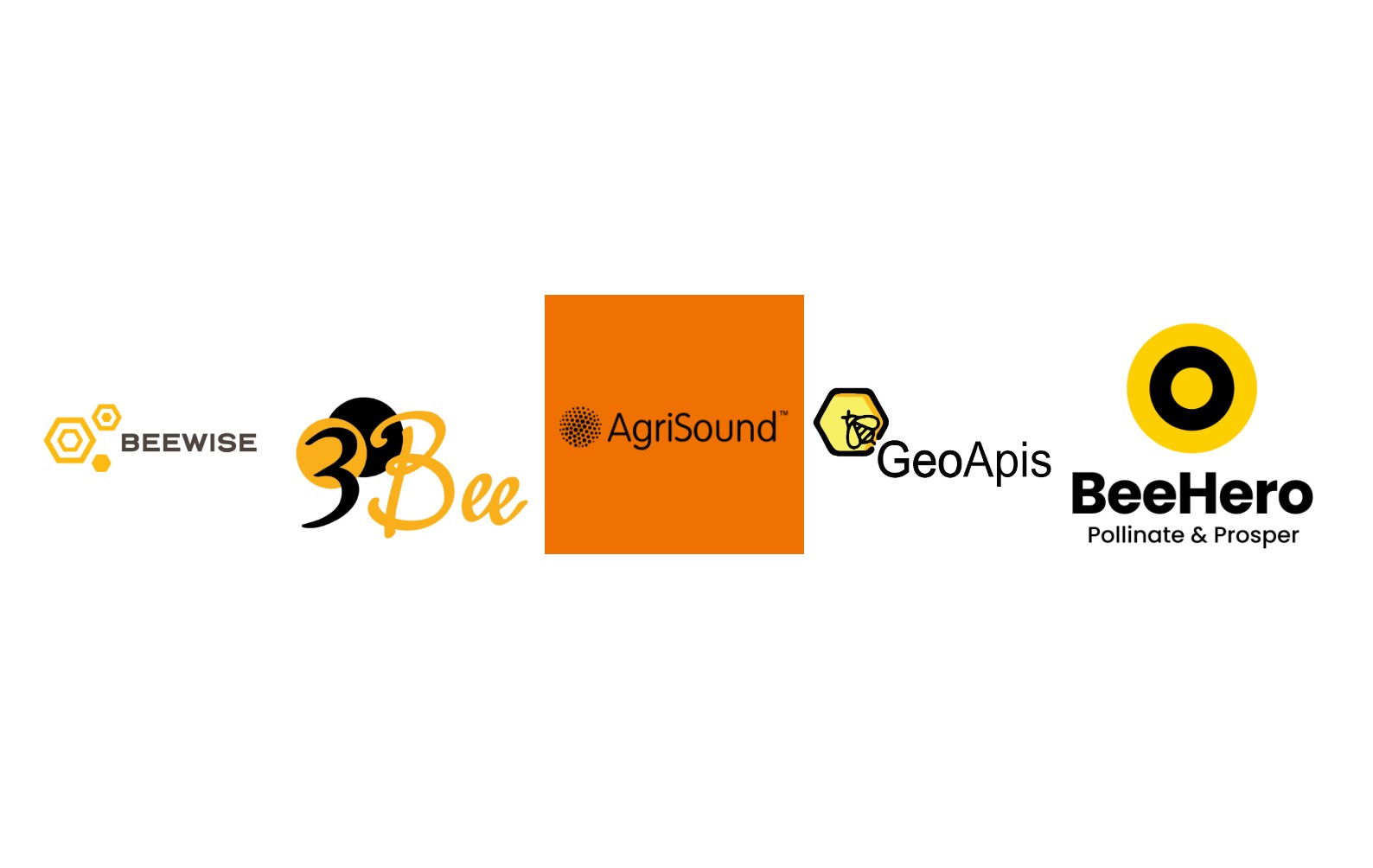The future is looking promising for new entrants into the bee management market as bee populations around the world continue to experience decline.
Wild bee populations have fallen by 47% since 1990. This disturbing fact is significantly impacting agriculture as bees pollinate 75% of global crops and contribute to 35% of global food production.
This is the environment in which a new wave of startups are offering a lifebelt for wild and honey bee populations. Here are just five of the many emerging and exciting agritech companies making an impact:
Beewise (USA) – Automated BeeHome to provide food, water, and pest treatment to optimise bee health
3Bee (Italy) – Use remote sensing techniques to monitor the health status of pollinators and their surrounding ecosystems
AgriSound (UK) – Monitor wild pollinator levels in real-time, helping you protect and enhance global insect biodiversity
GeoApis (Brazil) – A pioneering startup specialized in mitigating and preventing bee mortality.
BeeHero (USA) – Place automated beehives to help farmers boost crop yield and quality while also promoting pollinator health
Are you buying the buzz, or are we focussing on protecting the wrong type of bees?
——————————————————————————————–
The efforts by these startups to support bee populations are commendable, as bees play a crucial role in pollinating crops and maintaining biodiversity. The technologies and approaches developed by these companies offer innovative solutions to various challenges facing both wild and managed bee populations.
Additional Notable Startups:
- MeliBio (USA): MeliBio is developing bee-free honey through fermentation technology, aiming to reduce the stress on bee populations caused by commercial honey production.
- Scentian Bio (New Zealand): This company uses bees’ olfactory senses in conjunction with biosensors to detect environmental contaminants and other substances.
- Bumblebee Conservation Trust (UK): Although more of a charity than a startup, they use technology and research to conserve bumblebees specifically, which are crucial pollinators often overlooked compared to honeybees.
- Vatorex (Switzerland): For beekeepers seeking more effective and ecologically positive solutions, Vatorex ensures less environmental impact, better control over varroa and greater insight into your hives.
Balancing the Focus on Honeybees and Wild Bees:
While the focus on honeybees is essential due to their significant role in agriculture, it’s also crucial to remember that wild bees, including bumblebees and solitary bees, are critical to ecosystem health. They often pollinate plants that honeybees do not, contributing to overall biodiversity and ecosystem resilience.
The decline in wild bee populations can be attributed to factors like habitat loss, pesticide use, climate change, and diseases. Efforts to protect bees should thus encompass a broader strategy that includes habitat restoration, pesticide regulation, and public awareness campaigns, in addition to technological interventions.
It’s essential to balance efforts between protecting managed honeybees and conserving wild bee species. A comprehensive conservation strategy should include:
- Protecting natural habitats.
- Promoting agricultural practices that support biodiversity.
- Supporting research on wild bee populations and their specific needs.
Protecting bee populations is backed by many private companies looking to protect the key polinators and include a broader range of pollinator species to ensure that conservation efforts are as inclusive and diverse as the ecosystems they aim to protect.





